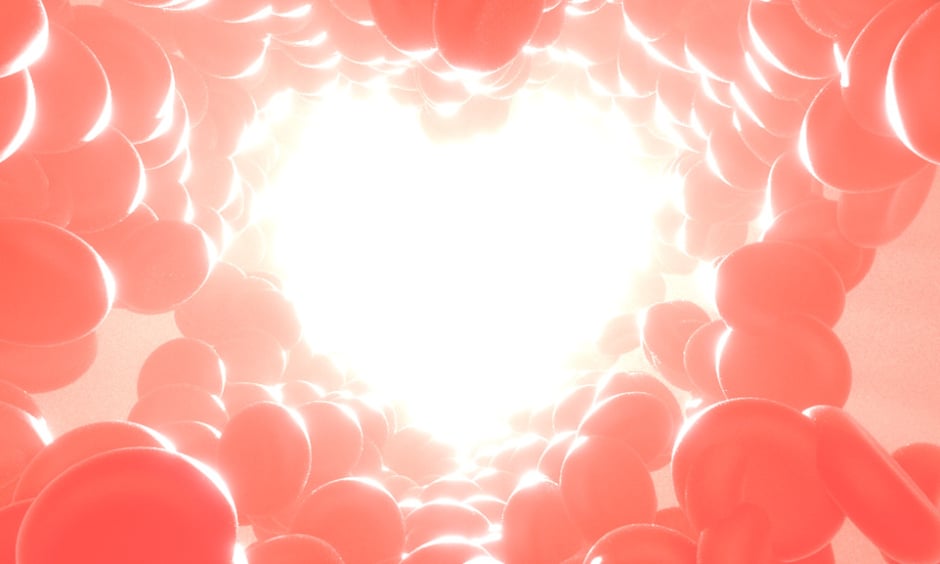The heart, unlike other organs, has a very limited capacity to repair which considerably contributes to heart disease being the most prevalent cause of death in the world. The possibility that the cells just outside of the heart could aid in the healing and repair of an injured heart had never been explored before. However, a previously undiscovered population of cells within the pericardial fluid of the heart has been identified by researchers at the University of Calgary, Canada.
The collaborative study between the Kubes lab and the Fedak lab have identified that Gata6+ pericardial cavity macrophages in mouse pericardial fluid contributed to the reparative immune response following experimental myocardial infarction. These macrophages rapidly relocated to the adjacent ischemic heart and performed anti-fibrotic functions. Findings from this study also highlighted that the absence of the specialized Gata6 + macrophages enhanced interstitial fibrosis following ischemic injury.
Considering that the same resident Gata6+ macrophages are also present in human pericardial fluid indicates that the reparative attributes may also be relevant in human disease. This argues for the reassessment of surgical procedures that remove the pericardium as they may be needed for cardial self-repair. Professor Fedak explains: “Our discovery of a new cell that can help heal injured heart muscle will open the door to new therapies and hope for the millions of people who suffer from heart disease. We always knew that the heart sits inside a sac filled with a strange fluid. Now we know that this pericardial fluid is rich with healing cells”.
Through the close collaborative work across multiple disciplines the researchers and clinical surgeons were able to identify the cell and move from lab to animal model within three years. “These cells may hold the secret to repair and regeneration of new heart muscle. The possibilities for further discovery and innovative new therapies are exciting and important,” says Fedak. Looking forward, he hopes to recruit further scientist to apply these findings towards a broader study of human heart repair as they hold the potential for new therapeutics to improve heart repair.








